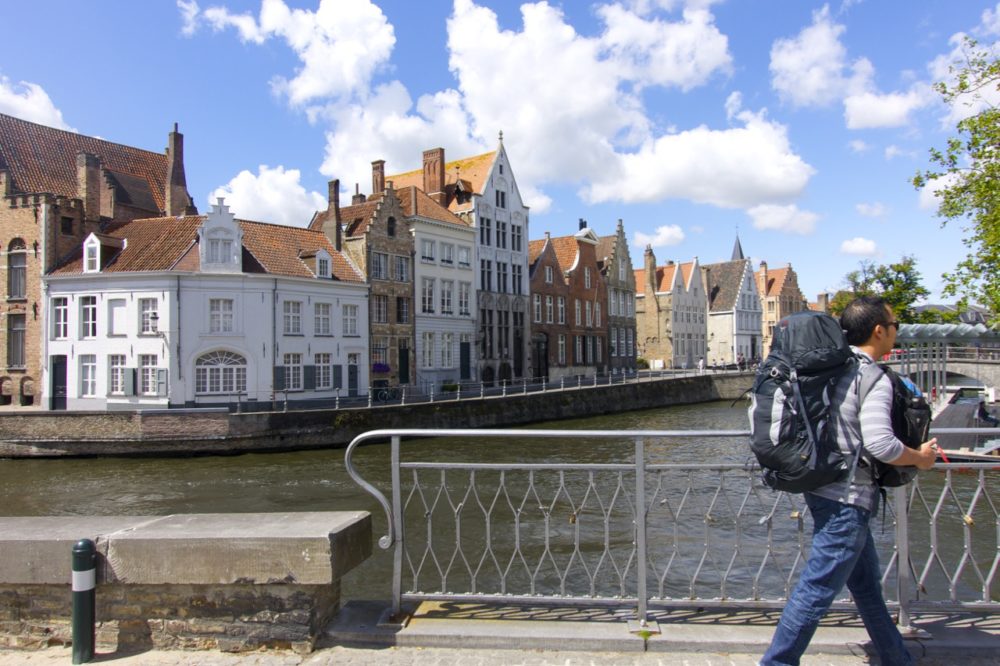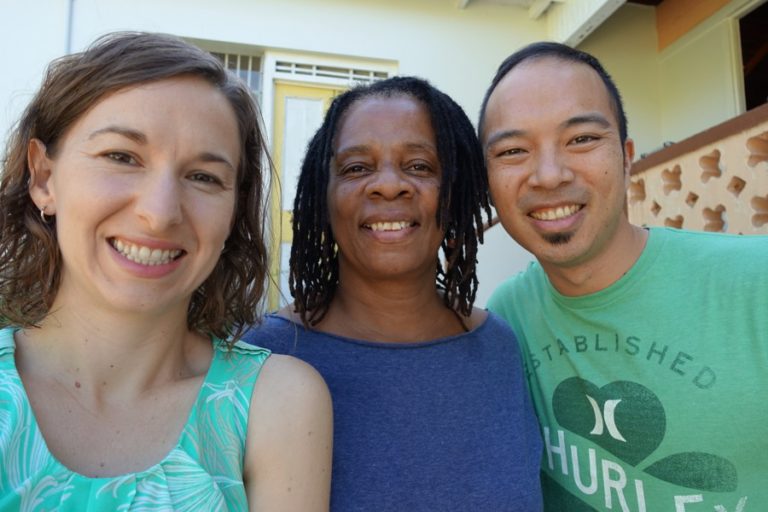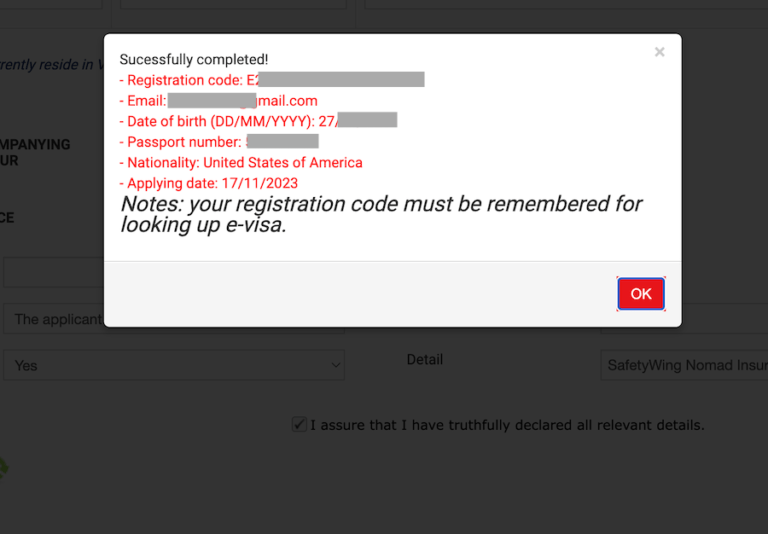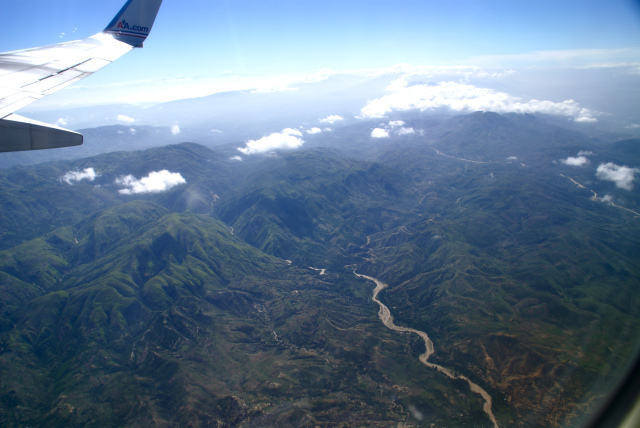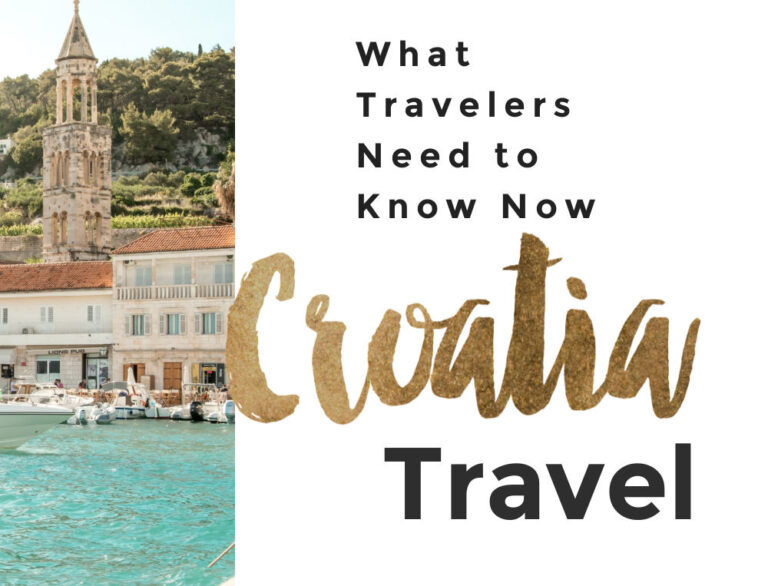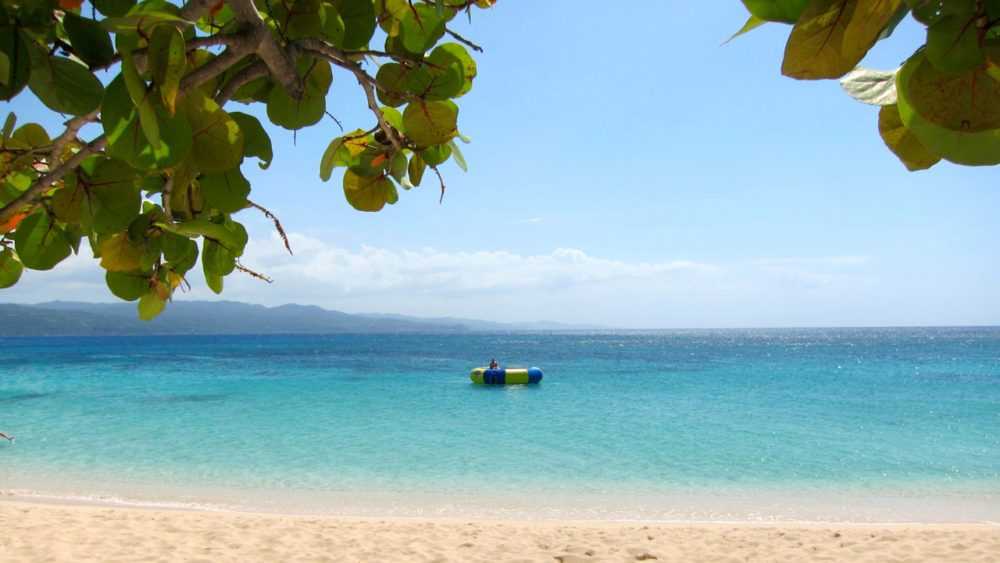Things to Know About Visiting Cuba
Cuba is a beautiful country with warm-hearted people. Whether you’re a seasoned traveler or a first-timer, there are a few things you need to know to make the most out of your trip to Cuba.
In this post, we’ve researched the important things to know – especially for U.S. travelers in 2024 – and received a wealth of advice from a reader who has traveled to Cuba more than 27 times.
Can U.S. Citizens Travel to Cuba?
Since many of our readers live in the States, it’s important to note that travel restrictions for U.S. citizens going to Cuba tends to change with each new presidential administration.
Travel to Cuba simply for vacation is not allowed. However, it is still possible to visit Cuba.
Today, Americans seeking to travel to Cuba must be covered under one of 12 authorized travel categories. Any other type of travel requires OFAC authorization in the form of a specific license.
Previously, a “People-to-People” travel category was commonly used, but this was canceled during the Trump administration. It’s uncertain when it will return.
Authorized reasons to visit Cuba (that might apply to the average traveler) include:
– family visits
– support for the Cuban people
– journalistic activity, professional research or meetings
– educational or religious activities
– public performances, clinics, workshops, athletic and other competitions, and exhibitions
– humanitarian projects
When purchasing an airline ticket to Cuba, you’ll be asked to state your category in a signed affidavit before check-out.
The most common, broad category used for Cuba travel today is “support for the Cuban people.”
Travelers may be asked to provide their itinerary upon arrival in Cuba. And it’s recommended to keep records of your itinerary for 5 years after the trip.
What falls under the “support for the Cuban people” category? This could include meaningful, cross-cultural activities that we encourage here at Intentional Travelers:
– staying in local guesthouses
– visiting Cuban-owned businesses
– going on tours run by Cubans
– visiting independent museums and galleries
– attending cultural dance and music classes
– eating at locally owned restaurants and markets
Note what is absent from the list: lounging at the beach!
You could put together a “support for the Cuban people” itinerary independently, or you can book an organized tour. The tour company G Adventures has good options and is highly regarded in the industry.
Other requirements for U.S. travelers to Cuba:
– valid passport
– proof of travel insurance for medical emergencies and evacuation
– purchase a Cuban Tourist Card
Now, let’s look at what to know when you’re visiting Cuba!
The following tips and advice (and photos) come from Intentional Traveler, Jeff Brandenburg, a Canadian who has a passion for Cuba after visiting more than 27 times.
Accommodation in Cuba
When it comes to staying in Cuba, there are various options to consider.
For an intimate experience, Casa Particulars (Bed and Breakfasts) are available if you’re looking for warm hospitality and local insights. Those designated with Blue Anchors are for tourists. This would suit the “support for Cuban people” travel category well.
These B&Bs average $15 – $40 Canadian per night, though electricity tends to be less reliable than at resorts.
Never stay in personal residences unless you get a letter of authorization from the police.
Jeff notes that Cuba is generally inexpensive to visit, with all-inclusive resort packages as low as $560 Canadian for 1 week (depending on the time of year). There are Canadians living there for three month visa stays at a time, staying at resorts for $1000 monthly.
Resorts can offer clean rooms, comfortable amenities, buffet meals, and more.
Jeff’s preferred resort is Rancho Luna Resort 13 kilometers from Cienfuegos with a nice beach on the sea. There is always a doctor and a nurse available 24 hours a day at this resort.
Most hotels use 220V electric outlets. It’s wise to bring a converter for 220V-110V. Jeff says iPhones have built in reducers that can handle the 220V but other electronics form North America may not handle the current.
Safety in Cuba
While Cuba is relatively safe for tourists, it’s always wise to be vigilant.
Avoid displaying valuable items, and utilize hotel safes to store your passport, extra cash, and jewelry. “Never leave anything behind when on the streets or parks, or it will walk,” Jeff says from experience.
It’s important to exercise caution, especially at night. Stick to well-lit areas, avoid the beaches after dark, and limit your visits to the city in the nighttime hours.
Jeff says that Cuba is going through the worst crises they have ever seen. Aging infrastructure, water system issues, daily blackouts in the cities and rural areas for up to 8-10 hours per day, shortage of medicine in hospitals, food shortages for locals in both cities and rural areas are all issues facing the country.
However, he notes that these issues don’t affect tourists in the resorts, which remain well stocked and with continuous electricity.
Read our travel safety best practices for more personal security tips.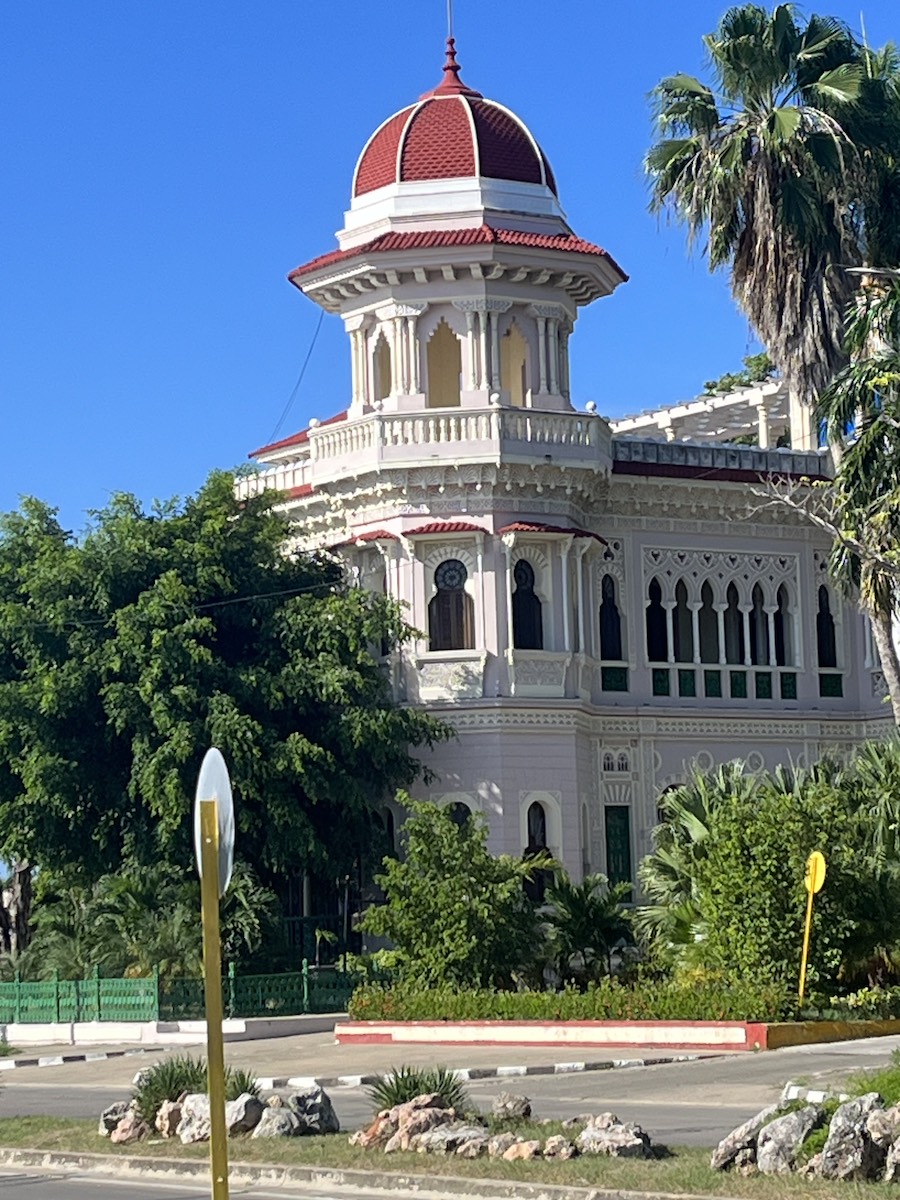
Jeff advises bringing medicines in the event something happens, but after 27 visits, he’s only been sick in Cuba twice.
Ensure you have Medical Insurance (with Covid coverage) as you may be asked at Customs in the airport. Unfortunately, our go-to travel medical insurance does not currently cover Cuba.
Navigating Cuban Currency and Purchases
Understanding the local currency is crucial. Surprisingly, the Cuban Peso (CUP) CURRENCY is not widely accepted by most stores nor hotels. A credit card is often needed for most purchases. The CUC currency no longer exists.
The US currency is favored over the Canadian dollar. However, according to the US State Department, U.S. credit and debit cards do not work in Cuba.
“Travelers should confirm alternative payment options before traveling, as policies concerning the use of U.S. dollars in Cuba are subject to change.”
While certain credit cards may be accepted, it’s a good idea to carry small denominations of foreign currency (US, Canadian or Euros) for tips and small purchases. ATMs can be limited, so plan accordingly and be prepared for long lineups.
Read more from our tips on cash, credit cards, and ATMs for travel.
Eating and Drinking: Food in Cuba
Cuban cuisine is a delightful mix of fresh, homegrown ingredients. Embrace the local flavors, and don’t hesitate to ask for well-cooked dishes if you have concerns about food safety.
Avoid tap water, ice cream, and ice cubes, and opt for bottled water to stay safe.
While the food is generally delicious, Jeff suggests bringing your own spices, ketchup, and other condiments to enhance your dining experience. He reports that the food in Cuba is naturally grown in gardens with no chemicals, preservatives, or MSGs.
“I was there for 2 weeks just a few days ago and lost weight and felt so much better,” says Jeff.
Cultural Etiquette and Communication
Jeff recommends leaving the expectations from your home country at home and coming to Cuba with an open mind and lots of patience. Things run at a much slower pace in Cuba, from transportation to doing business.
Respect for local customs and traditions is key to be a responsible traveler. For example, never blow your nose in public or criticize Fidel, and try to avoid discussing politics. You’ll find some Cubans staunchly support Fidel while others don’t.
Learning basic Spanish phrases can go a long way in building connections with the friendly locals. Remember, Cubans appreciate your effort, and they’re more than willing to help you practice the language while they practice English.
Supporting the Local Community
Cuba faces economic challenges, and spending your travel dollars in the local community can make a significant difference.
Tipping: Tipping is discretional but Jeff reports that hotel workers only earn $1 US a day for an 8-24 hour shift. “You heard that correctly!!!” He suggests tipping 100 pesos per meal and $10-$20 per week for maid service at hotels.
Be sure not to give Loonies or Tooneys (Canadian coins) or torn bills, as Cuban banks don’t accept them.
If considering bringing donations, medicines such as Tylenol, vitamins, toiletries like shampoo and toothpaste, clothes in good condition, baby clothing, and essential items can be helpful. Chocolate and candies are something they also appreciate.
If approached by locals offering assistance or trying to sell you something, be polite and respectful while firmly declining when you’re not interested.
A Favorite Destination in Cuba: Cienfuegos
Cienfuegos, a city steeped in history and culture, awaits your exploration. In this UNESCO designated town, you can visit palaces, see dolphins and sea lions, and embark on a mountain adventure in the El Nichio range.
The city offers a vibrant atmosphere with plenty of shops, restaurants, and friendly smiles, ensuring you’ll never run out of things to do and see.
In conclusion, a trip to Cuba promises a unique blend of natural beauty, rich culture, and warm hospitality. By being mindful of these practical tips and respecting local customs, we hope you’ll not only have a memorable experience but also contribute positively to the community.
Co-contributor Bio: My name is Jeff Brandenburg, and travel is my thing, be it backpacking or otherwise. Next year I’m planning a motorcycle adventure with a buddy, starting in Georgetown, Guyana and working our way through South America (Peru, Columbia, etc). Then we will travel through Central America, through the US and into Canada. I’ve been to 47 countries. My plan is to settle in another country eventually (possibly Cuba).


